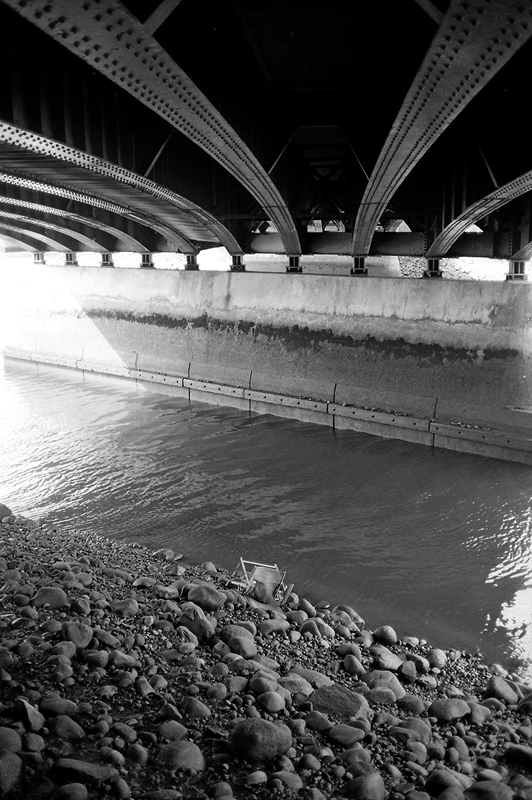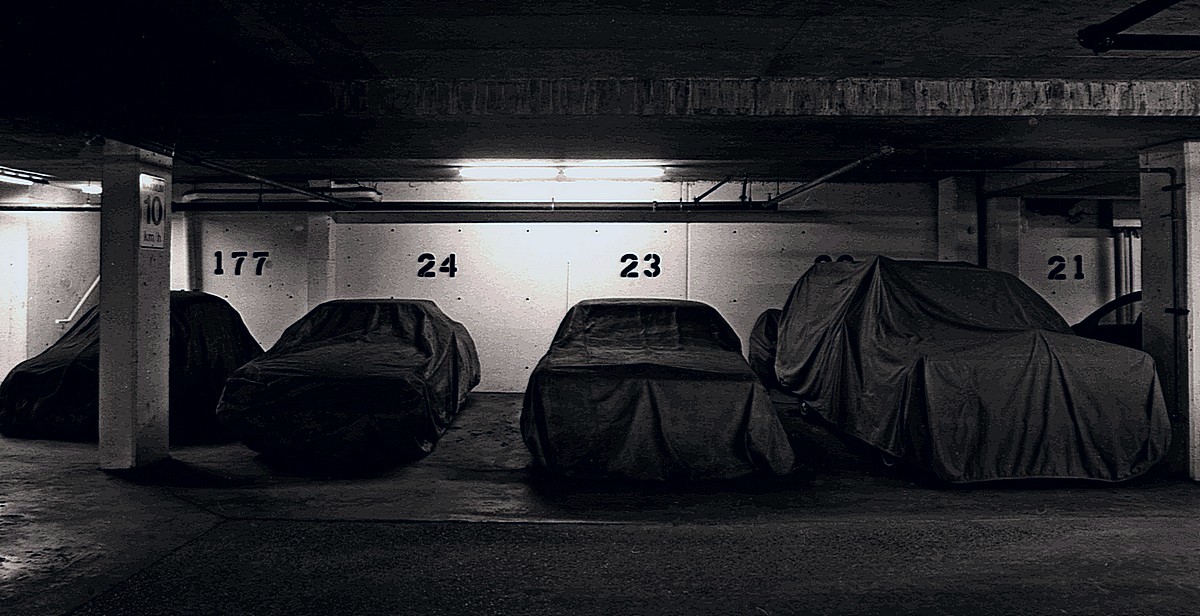Ah! This could be one of those relatively short questions that takes a lifetime to answer! I agree with the two* comments above. You can't fully appreciate the technical tricks of printing after it has been through all the digitizing steps to display it here. And I can't remember the name, but I recall there was some legendary photographer from the past who once made a remark about how his work began to improve after the first ten thousand images or some such thing.
I mostly view the galleries here as inspiration, and also just as knowing this community a little better; what things various participants are drawn to. Besides basic lighting and composition, there is a huge spectrum of subjects and styles. So first we need to decide what we are trying to accomplish and then, perhaps based on examples, try to figure out how to get there. I've been dabbling in the art for such a long time I can't even remember how I learned some of the things I know -- and alas, I know there is plenty more to learn!
I think picking some goal -- perhaps a certain "pre-visualized" image -- and trying to create it can be instructive. Like scientific experiments, keeping notes and not changing too many things at once is a useful approach. Going from film selection, metering and exposing, through developing negatives and darkroom printing, and all the chemistry can provide a huge array of possible variations. Thus, analyze a result, figure out what you like or don't like, and try again with a change in some parameter.
The technical end can get quite involved, but in the end result perfect technique does not necessarily result in an interesting photograph!
*Edit: Matt added his comment while I was writing -- and is quite correct. Although I confess that writing about some of this stuff can be more difficult/frustrating than just doing it!






